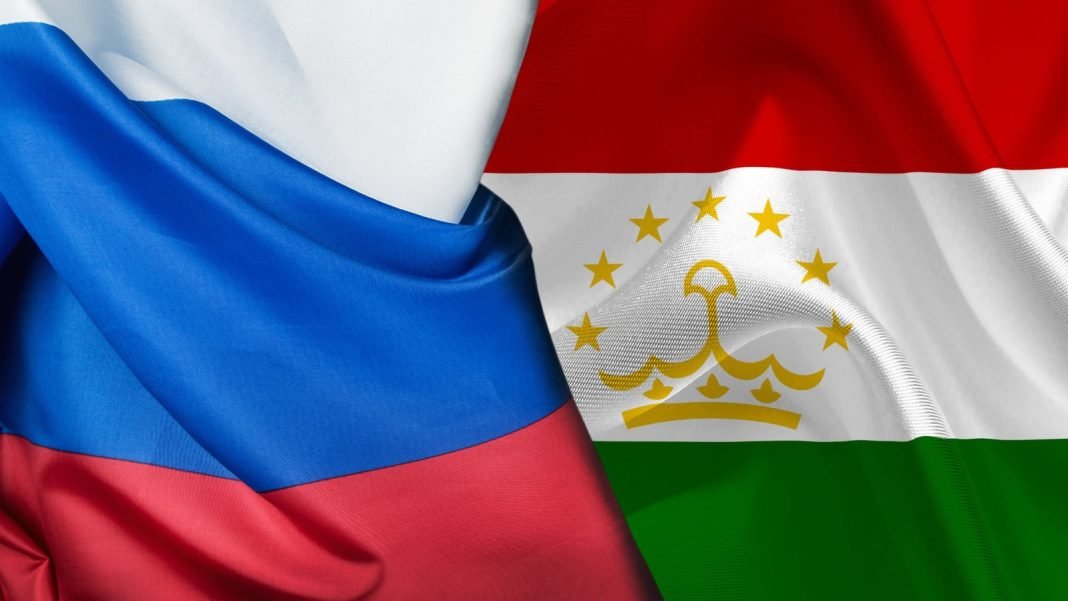Moscow, 9 September 2022 (TDI): The President of Russia, Vladimir Putin, sent a congratulatory message to the President of the Republic of Tajikistan on the Independence day of Tajikistan on 9 September.
🇷🇺🇹🇯 Президент России В.В.#Путин поздравил Президента Таджикистана Э.Рахмона с Днём независимости:
💬 Отношения между Россией и Таджикистаном динамично развиваются в духе стратегического партнёрства и союзничества.
🔗 https://t.co/YSevArBtuc#РоссияТаджикистан pic.twitter.com/BNNPjhROMz
— МИД России 🇷🇺 (@MID_RF) September 9, 2022
Putin’s Message
Vladimir Putin, in his message, said that “Please accept my heartfelt congratulations on the occasion of the national holiday of the Republic of Tajikistan – Independence Day.”
“Your country has achieved significant success in the economic and social spheres and plays an important constructive role in regional and international affairs.” He added.
Putin said about the bilateral relations between Russia and Tajikistan that they are dynamically developing in the spirit of strategic partnership and alliance. The Russian President was confident about a further increase in cooperation with Tajikistan.
He said that “I am sure that we will continue to build up fruitful Russian-Tajik cooperation in every possible way – for the benefit of our friendly peoples, in the interests of ensuring peace, security, and stability in Central Asia.”
Moreover, Putin said that “Bilateral cooperation in various areas, as well as interaction within the framework of the Commonwealth of Independent States (CIS), Collective Security Treaty Organization (CSTO), Shanghai Cooperation Organization (SCO) and other multilateral structures, gives a good return.
History of Tajik Independence day
Independence Day of Tajikistan is the National Day of Tajikistan and marks independence from the Soviet Union on September 9, 1991.
Tajikistan is formally known as the Republic of Tajikistan. It is a landlocked country in Central Asia. Dushanbe is the country’s capital and largest city.
Also Read: EU congratulates Tajikistan on Independence day
Tajikistan was combined into a newly created Tajik Autonomous Soviet Socialist Republic in 1924. This was administratively part of the Uzbek SSR until the Tajik ASSR gained full-fledged republic status in 1929.
Despite the USSR’s efforts to forge a Soviet collective culture during the Soviet era, Tajiks continued to harbor a strong sense of nationalism and pride in their own culture and history.
In the late 1980s, Mikhail Gorbachev’s policy of glasnost led to the formation of unofficial political groups and a renewed interest in Tajik culture with the Tajik Supreme Soviet declaring Tajik to be the official state language in 1989.
A state of emergency was declared, with 5,000 Soviet troops deployed to suppress pro-democracy protests as the Soviet Union started to unravel in 1990.
Finally, on September 9, 1991, the Supreme Soviet declared Tajikistan’s independence from the Soviet Union.






